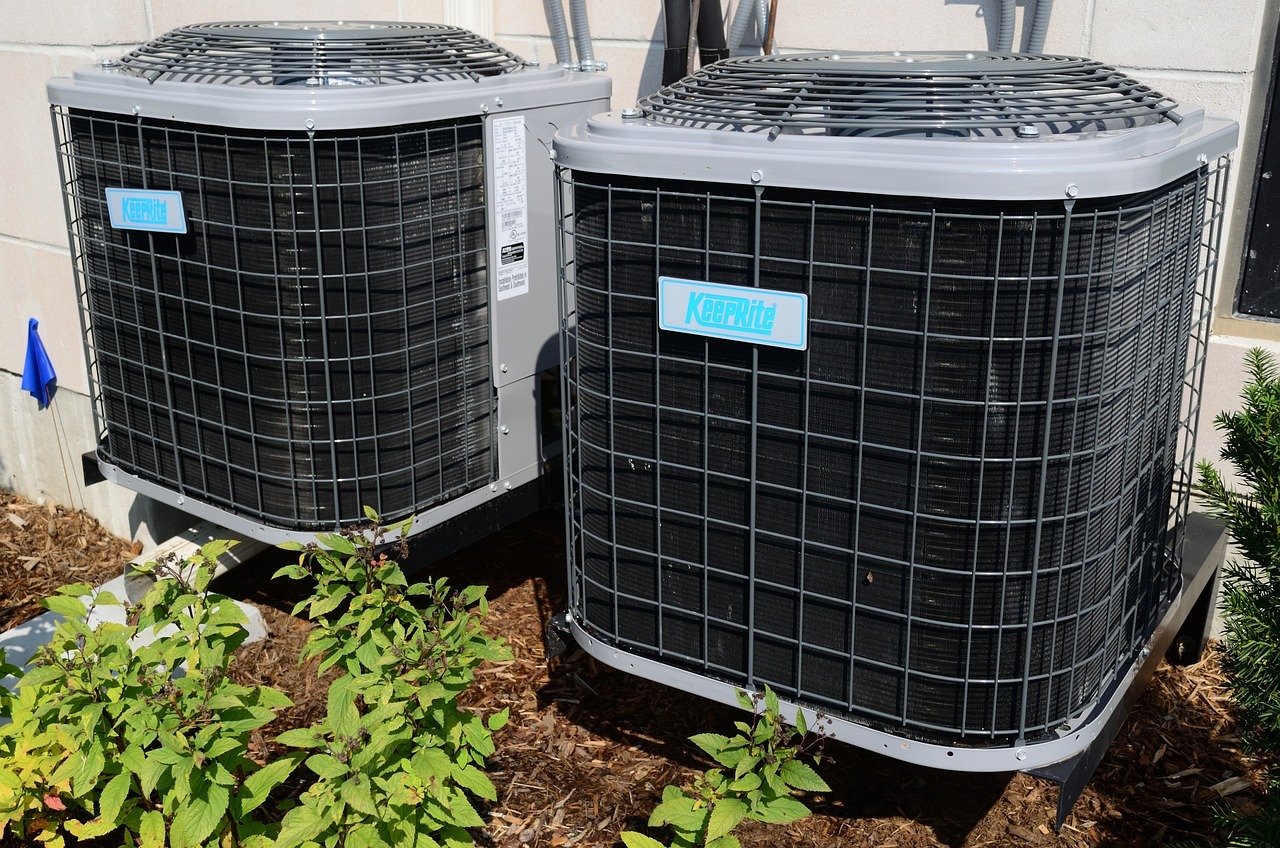Heating and air conditioning industry is not a homogenous whole. In fact, there are two distinct and very different fields within the HVAC industry – the commercial and the residential part. Although commercial and residential HVAC have identical underlying principles, there are big differences across several important categories.
In general, the residential part of the HVAC industry deals with heating and air conditioning systems in small businesses and homes, while commercial HVAC works with heating and cooling systems in industrial and corporate buildings. However, this is only a simplified account of how commercial and residential HVAC differ. It’s time to take a closer look.
What Are The Differences Between Residential And Commercial HVAC Careers?
For aspiring heating and air conditioning professionals, the choice between pursuing a career in commercial or residential HVAC can boil down to personal preference. On the one hand, residential HVAC is independent and a lot more focused on customer relations. On the other hand we have commercial HVAC, which is a more collaborative and technical branch of the heating and cooling sector.
There are numerous skills necessary for both commercial and residential HVAC that overlap, as well as many that are unique for each individual sector. For out-of-school individuals, the residential sector could be the easier option, as it requires less experience and familiarity with the different HVAC systems. However, it’s not that straightforward, and the commercial sector also has its merits.
Definition
First, the very definition of residential and commercial HVAC technicians differs. Residential HVAC technicians work on residential heating and cooling systems, for example in small businesses and homes, while commercial HVAC technicians work on heating and cooling systems in office buildings, large stores, warehouses, etc.
Working Conditions
Working conditions for residential HVAC technicians usually include work from within or beside a house, which means they will often work indoors, sometimes in crawl spaces and attics. They are generally protected from the elements. Commercial HVAC technicians usually work outdoors, on top of buildings where most commercial heating and cooling systems are located.
Also, residential HVAC tends to be a cyclical occupation, with peak seasons being winter and summer, while commercial HVAC is steadier and working hours mimic other, more traditional occupations.
Team Makeup
Although residential HVAC technicians can work in teams, they usually operate individually and independently, whereas commercial heating and air conditioning specialists work within collaborative systems that include contractors, technicians, architecture companies, and stakeholders. Also, they do not interact directly with the customers as much as residential HVAC professionals.
Salary
In general, residential HVAC pros make a bit less than commercial HVAC professionals. However, they can make up for the difference in pay by commissioning sales of replacement parts and additional equipment.
One major distinction between commercial and residential professionals is that commercial heating and cooling technicians are often unionized, which does affect the higher pay. However, it also usually has a higher entry barrier for the inexperienced.
Required Skills
Residential heating and cooling systems tend to be simpler and smaller than commercial ones. However, residential HVAC pros also have to communicate with customers on a regular basis, which does require interpersonal and communication skills. On the other hand, work with commercial HVAC systems requires more specialized knowledge and far less interpersonal skills, as commercial technicians rarely interact with clients.
Certification and Licensure
There are no requirements or necessary licensure requirements on the federal level for either residential or commercial HVAC technicians. However, there are several optional certifications that have both residential and commercial specializations for HVAC contractors and technicians. They are:
- ASHRAE
- HVAC Excellence
- NATE
- RETA
- RSES

